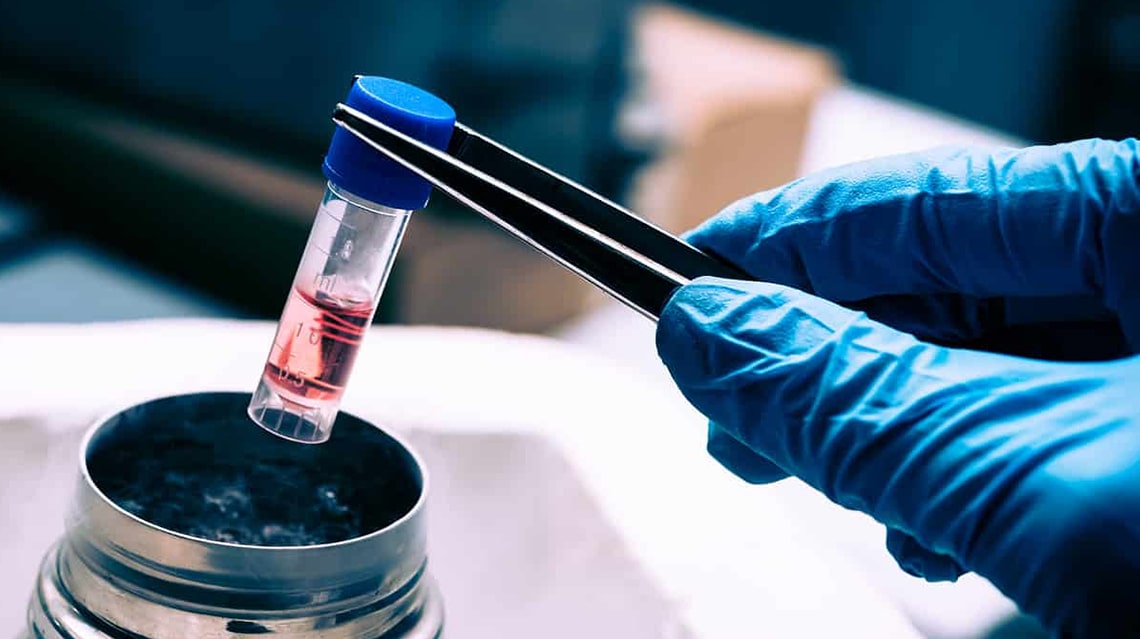8 Benefits of Amniotic Tissue Therapy

In addition to total nucleated cell and platelet-rich plasma (PRP) therapies, Apex Biologix is excited to offer training in amniotic tissue therapy as well.
Amniotic tissue therapy is part of the broader concept of regenerative medicine. It utilizes material taken from amniotic membrane tissue and fluid acquired from healthy donors following a full-term pregnancy and scheduled C-section.
Amniotic tissue therapy represents one of the most exciting advancements in regenerative medicine today. Through plenty of research, we have discovered that amniotic tissue offers a number of benefits that make it an excellent option for treating things such as tendinitis, plantar fasciitis, soft tissue injuries, and repetitive motion injuries.
Here are eight benefits of amniotic tissue therapy for your consideration:
1. Growth Factors in Amniotic Tissue
Amniotic tissue contains a cornucopia of growth factors that promote tissue regeneration in damaged areas of the body. Growth factors are key to regenerative medicine in that they replace damaged tissue rather than simply masking pain.
2. Amniotic Tissue Is Collagen-Rich
As you already know, collagen ranks as one of the most abundant proteins in the human body. It is responsible for binding tissues together. Amniotic tissue is rich and collagen, so it can be used effectively to treat diseases and injuries to bone, muscle, tendons, and even skin.
3. Amniotic Tissue Contains Other Proteins
The human body requires more than just collagen to recover from injuries and wounds. Once again, amniotic tissue is up to the task. It contains the full compendium of proteins necessary to maintain the baby in the womb. Those same proteins can be harnessed for regenerative medicine.
4. Amniotic Tissue Is Antimicrobial
Amniotic tissue’s antimicrobial properties are extremely helpful for regenerative medicine. Antimicrobial properties prevent the growth of microorganisms and, in cases where such microorganisms already exist, eliminate them. This significantly reduces the risks associated with other treatments for wound recovery and chronic pain.
5. Amniotic Tissue Is Anti-Inflammatory
Inflammation is always a problem when patients undergo invasive procedures. Not only is amniotic tissue therapy less invasive but it is also less likely to lead to inflammation thanks to the anti-inflammatory properties of amniotic tissue. In fact, amniotic tissue can actually prevent inflammation rather than just reducing it.
6. Amniotic Tissue Is Immune Privileged
Just as certain sites in the body can tolerate the introduction of antigens without inflammation, amniotic tissue can be injected into the site of injury or wound without inciting inflammation. In that sense, amniotic tissue is immune privileged. Immune privilege is the primary reason amniotic tissue is also anti-inflammatory.
7. Amniotic Tissue Is Chorion-Free
The amniotic fluid allografts recommended by Apex Biologics contained no chorion. Therefore, the risk of adverse reactions to amniotic tissue among patients is reduced. Allografts that do contain chorion could potentially contain maternal antigens as well.
8. Procedures Are Less Painful
As with all regenerative medicine procedures, amniotic tissue procedures are significantly less painful than invasive surgeries. Procedures are conducted using the least invasive injections possible, reducing immediate pain and discomfort as well as long-term pain caused by inflammation.
Contact Us to Schedule Your Training
Apex Biologics is proud to have built a solid reputation as a high-quality provider of regenerative medicine training. We encourage you to review our training schedule and then sign up for courses that fit your schedule. We offer training in New York, Salt Lake City and Park City, Utah.
Training in regenerative medicine offers you the opportunity to expand your practice to treat more patients. Amniotic tissue therapy is an important part of regenerative medicine that continues to open new treatment doors.


